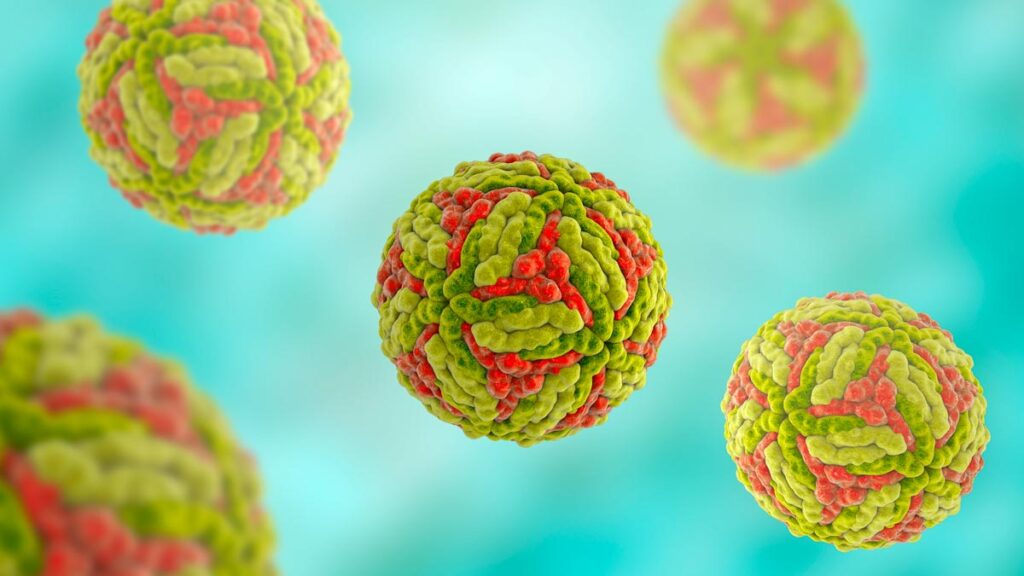A 72-year-old man from West Delhi tested positive for Japanese Encephalitis (JE), a zoonotic viral disease, at AIIMS on November 6 after being admitted with chest pain. Despite his pre-existing conditions, including diabetes and coronary artery disease, the patient recovered and was discharged on November 15.
Health officials assured the public there is no cause for alarm, and appropriate guidelines by the National Centre for Vector Borne Diseases Control (NCVBDC) are being followed.
JE is caused by a virus transmitted through Culex mosquitoes, which act as vectors between animals, birds, and humans. Humans, considered incidental hosts, do not significantly contribute to the virus’s spread. The disease primarily affects individuals in rural areas with stagnant water sources.
Symptoms range from fever and headache to severe neurological complications such as paralysis, seizures, or cognitive impairments. The disease has a high fatality rate, with mortality in severe cases ranging between 20-30%. Survivors often endure long-term neurological issues.
In 2024, India reported 1,548 JE cases across 24 states, with Assam accounting for over 60%. Vaccination efforts have been integrated into the Universal Immunisation Programme since 2013, targeting children and high-risk adults in endemic regions.
Two vaccine types are available: inactivated vaccines for broader use and live attenuated vaccines offering long-lasting immunity.
Currently, there is no antiviral treatment for JE. Supportive care, including hydration, fever management, and intravenous fluids, is crucial. Differentiating JE from other viral encephalitis forms can be challenging due to overlapping symptoms, necessitating advanced diagnostic measures.
Authorities remain vigilant, emphasizing vaccination and mosquito control to mitigate risks.
If you enjoyed reading this article then please share it and bookmark our website for latest updates.

